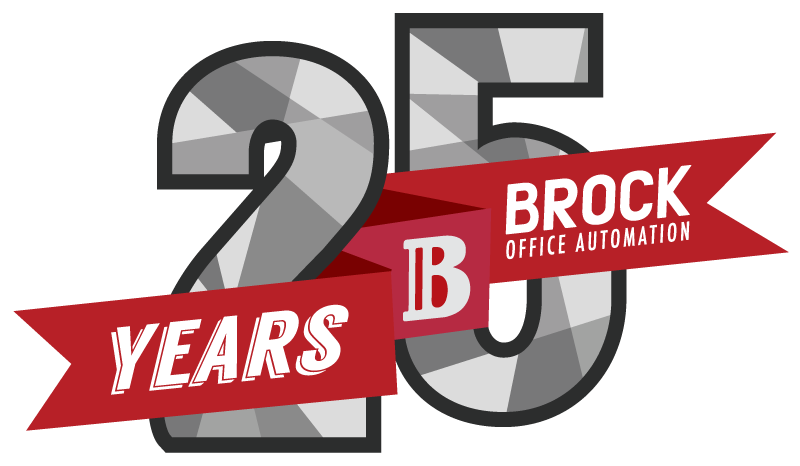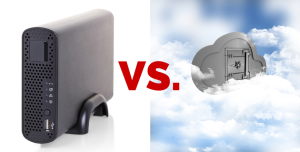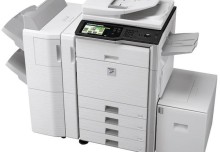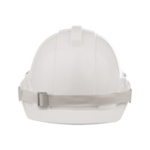ESTIMATED READING TIME: 4 MINUTES
As document solutions like multifunction printers grow in sophistication, resolution and features, other aspects of your business will be affected. One thing that is going to be directly affected is the way you store your information. Like the equipment you choose for your office, there are a number of options for electronic document storage that may or may not work for you. We want to help you choose the right one!
The main decision you’re going to have to make in regards to electronic storage is whether you want to store your information in your office with an external hard drive or off-site via cloud services. Before you make your decision though, you’ll need to consider three things: cost, security, and access.
Cost
The first thing you’ll probably notice is that with external drives, the price is dependent on the size – the more storage you want, the more you’ll pay. According to PCworld.com, external hard drives will generally cost about 10 to 50 cents per gigabyte whereas cloud services will vary from site to site based on the features and plans each one offers. Higher-end cloud services will offer better encryption, restore points and, often, 24 hour support for issues, but come with a higher price tag (sometimes in the area of $10 per gigbyte). Other sites will offer little in the way of features and less sophisticated security, but you’ll face lower costs, often less than a cent per gig, if not free altogether. In the case of cheaper sites though, you might be able to get large amounts of space, but be limited in the size of files you’re able to upload. External hard drives will only be limited in the size of their storage, so you’ll be able to back up anything you want to one.
Security
The security of your data will be likely as, or more important than, the amount you pay to store it. Information theft is a major issue in business these days as companies can face significant financial losses and possible legal issues anytime their network is breached.
Cloud solutions spread data across multiple centres around the country they are based in (usually the USA for North American solutions like Google Drive). Trustworthy providers will usually put the latest security measures in place to make sure your data is secure and only accessible by the right people. Anytime you are considering a cloud service, be sure to check out independent reviews and expert opinions to get the real scoop on them – that’s where you’ll find out how reputable their security is. Many cloud services are extremely secure, but no matter what, you will be trusting your data to servers that could potentially be accessed.
External drives will offer great security in that you have complete control over access to your information, but it’ll be up to you to keep it safe. You can encrypt it yourself with passwords and limit who has the ability to use the drive, but accidents can still happen. If your office is broken into or you happen to leave an unprotected hard drive somewhere, you could potentially face a breach. On the other hand, you may find more peace of mind in knowing exactly where your data is stored.
Access
When it comes to picking a solution, you’ll need to consider how accessible your information needs to be. If you’re storing files that need to be accessed on- and off-site by multiple users, for example sales presentations, contract documents, videos, etc. a Cloud solution might be the way to go. Anyone with permission will be able to access the files they need from any location via a website, in many cases without needing to actually download it to their computer, creating unnecessary duplicates. This is also helpful in those instances when you forget something at the office – someone there can scan and upload the document to the cloud and you’ll be able to access it almost immediately.
If you’re primarily going to use the system to back up data that doesn’t need to be accessed often or anywhere but a single location, then an external drive might be better. The downside is that you can’t back files up on the go, say from a smartphone or tablet device, unless you have the drive with you at all times. And should that drive be damaged somehow, you could lose your data entirely, something that is less likely to happen with a Cloud service.
The Bottom Line
Your storage solution decision is going to be largely dependent on the type of files you are storing and their accessibility. Losing data though could result in lost revenue, so you’ll want to make sure whatever is being stored is also backed up securely. As your business grows and changes, you’ll probably find that your storage needs will change as well. Fortunately, most office equipment these days offer functionality with both types of storage so you can at least know that your printer or scanner will be able to keep up with your document management needs.






